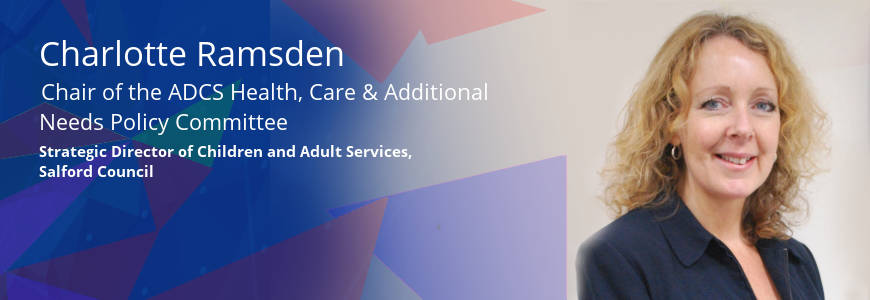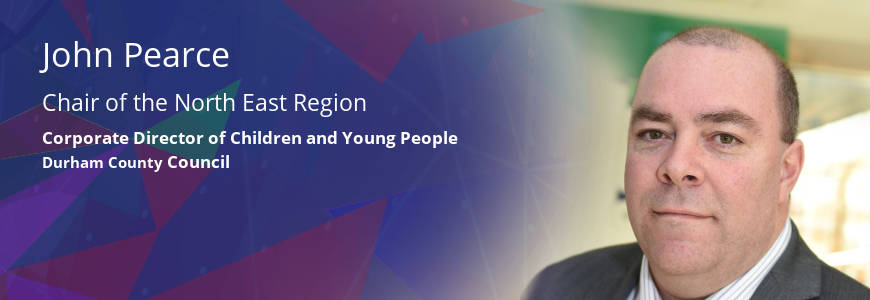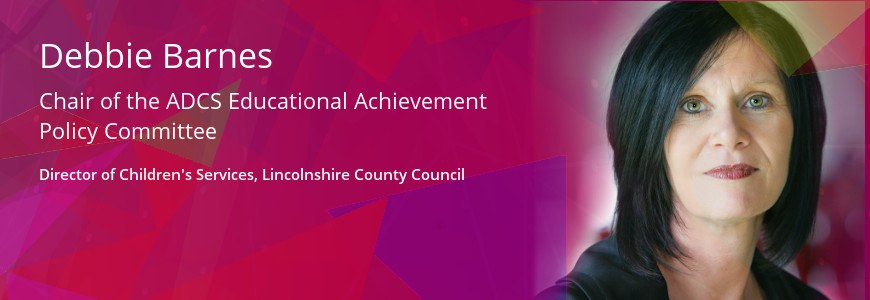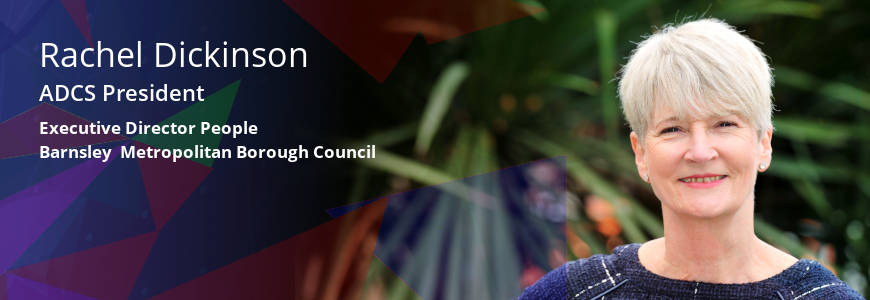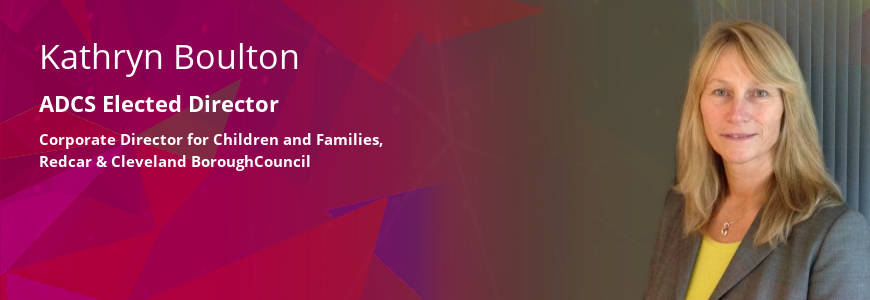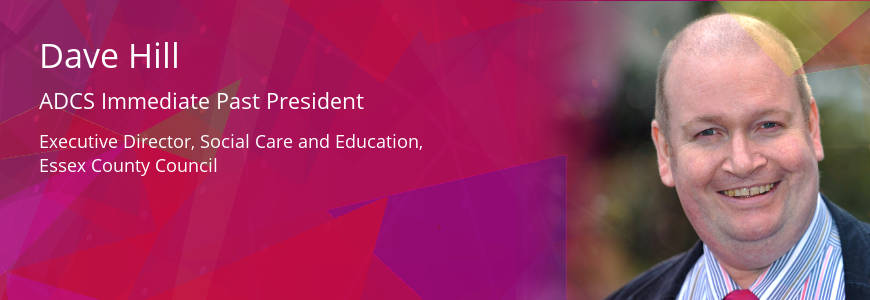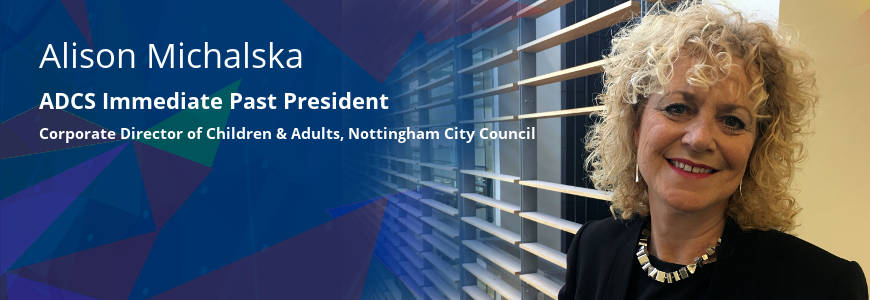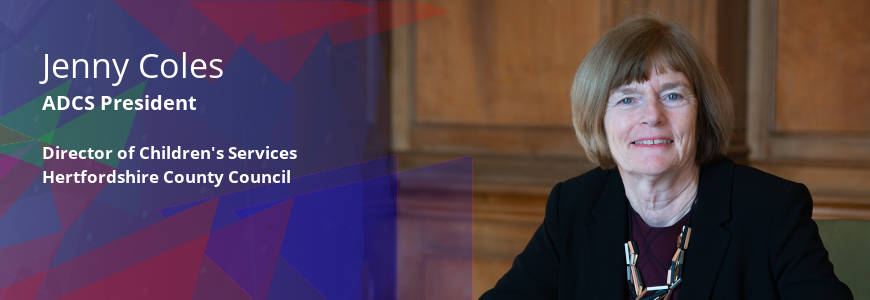10 years on...
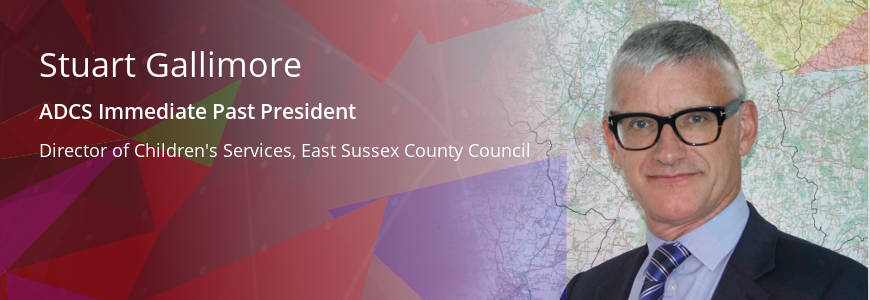
Every child deserves a happy, safe childhood and has a right to the best possible health and wellbeing. The fact that a child’s life chances continue to be determined from birth, even in this day and age, is not something we should easily accept. Last week, the Institute of Health Equity published a report 10 years on from Sir Michael Marmot’s landmark 2010 review into health inequalities in England. This latest report found that the health of the population has largely deteriorated over the past decade and that there is still a postcode lottery in terms of life expectancy. In fact, the report notes that this trend is usually only evident following a “catastrophic” shock, such as the breakup of the Soviet Union – alarm bells should surely be ringing around Westminster!
The report’s findings make for difficult reading, but it reinforces a lot of worrying trends we have been raising as an Association in recent years. We live in one of the largest economies in the world, but social inequality remains the biggest barrier to achieving improved health for children who have felt the brunt of the government’s programme of austerity. Marmot’s 10 years on review is stark in its criticism of government policies, arguing that they have contributed to the rise in child poverty, rising school exclusions and the widening attainment gap between the most and least disadvantaged children and young people.
In many ways these findings do not come as a surprise to anyone working in local government. Since 2010 our funding has been halved but need has not, and the review shows that the most deprived areas have been hardest hit by austerity. It is clear that cuts really do have consequences. The review recommends investment in preventative services, especially the early years workforce, putting equity at the heart of national funding decisions via the prioritisation of the most vulnerable, valuing inclusion and I absolutely welcome these findings, ADCS has made similar points in recent years via many of our policy position papers.
Similarly, a range of other reports are highlighting these same issues, from the Social Mobility Commission’s state of the nation report in April 2019, which showed social mobility remains stagnant, to the Education Policy Institute’s annual education report which warned us that it will take in excess of 500 years to close the GCSE attainment gap in English and maths between disadvantaged pupils and their peers! And if this isn’t enough, the Royal College of Paediatrics and Child Health’s latest state of child health in the UK came out this week, highlighting an alarming increase in infant mortality in England and growing numbers of adolescents being injured by violence. You could be mistaken for thinking this is Victorian England, not 21st century Britain.
There are many things we should celebrate in what we do; the UK is one of the safest places in the world for children to grow up and we are now far better at recognising vulnerability of children and young people who are being exploited. Legions of dedicated public sector workers are working with communities up and down the country to support children and families during challenging times. As Sir Michael notes, all of the issues in the report are unnecessary and could be reversed if only national politicians put children and families at the heart of their decisions. This is something ADCS has called for in the policy paper A country that works for all children.
The government must act now, starting with the upcoming Budget, by addressing the significant gaps in children’s services and local authority funding. It is clear the health, safety and wellbeing of children, young people and families cannot wait any longer.
Related Blog Articles
As I returned to work after the Easter break and with daffodils, Easter eggs and...
In Health
Whilst thinking about a theme to focus on for this blog I started to reflect on...
In Funding
By the time that you read this, the machinery of ADCS will have worked its magic...
In General
I was delighted to see that the National Association of Virtual School Heads...
In Education
Education systems in England have changed radically over the past few years with...
In Education
Listening to reports of yet more serious youth violence in the last few days and...
In General
Next week, the Chancellor, Sajid Javid, will announce spending plans for public...
In General
I have been a Social Worker for 35 years and it is in our nature to be...
In General
Autumn is always a busy time for local authorities. Budget setting season is in...
In General
For the umpteenth time in the last few months I have read articles by...
In General
I would like to wish you all a very happy New Year after what I hope was a...
In General
I can’t have been the only Director of Children’s Services who was saddened...
In Leadership
It doesn’t seem possible that I am writing my last blog as President almost...
In General
Well, that was the year that was, to paraphrase a famous satirical TV programme....
In General
I am sure you will all have read the ‘Educational Excellence Everywhere’...

